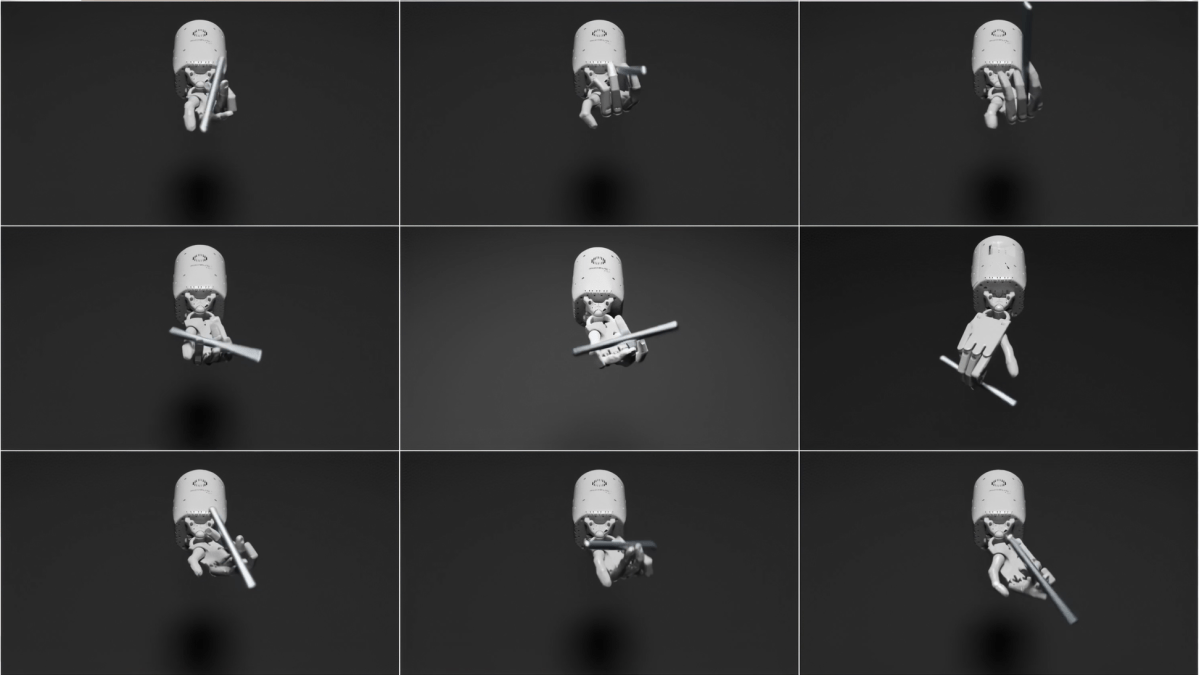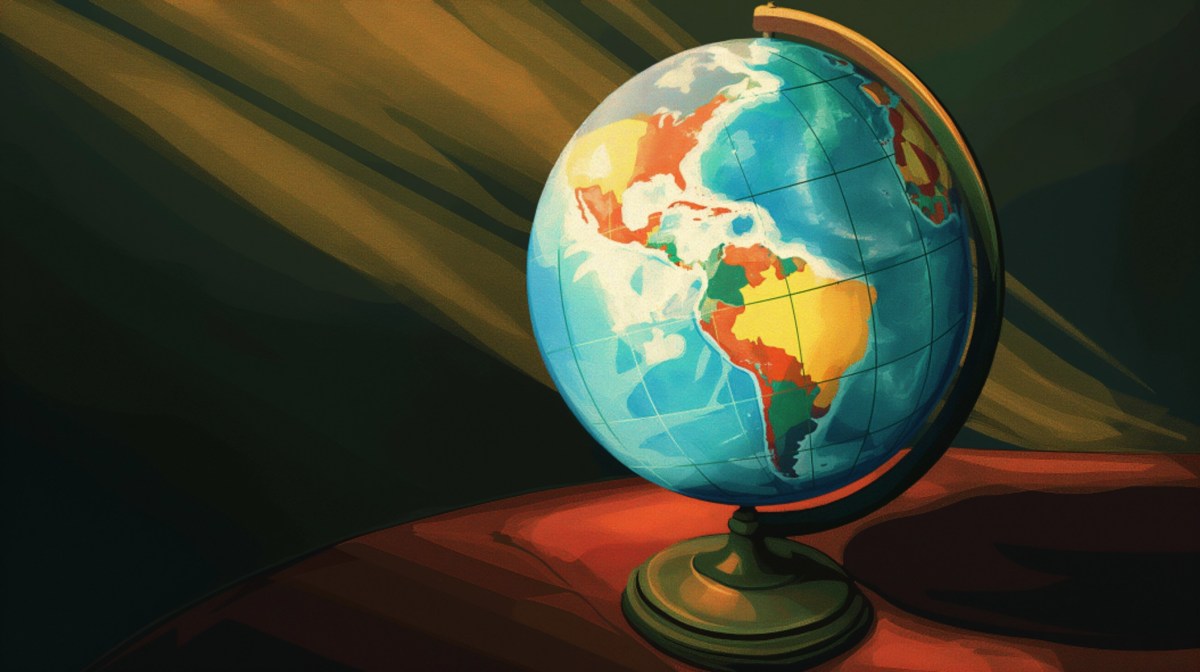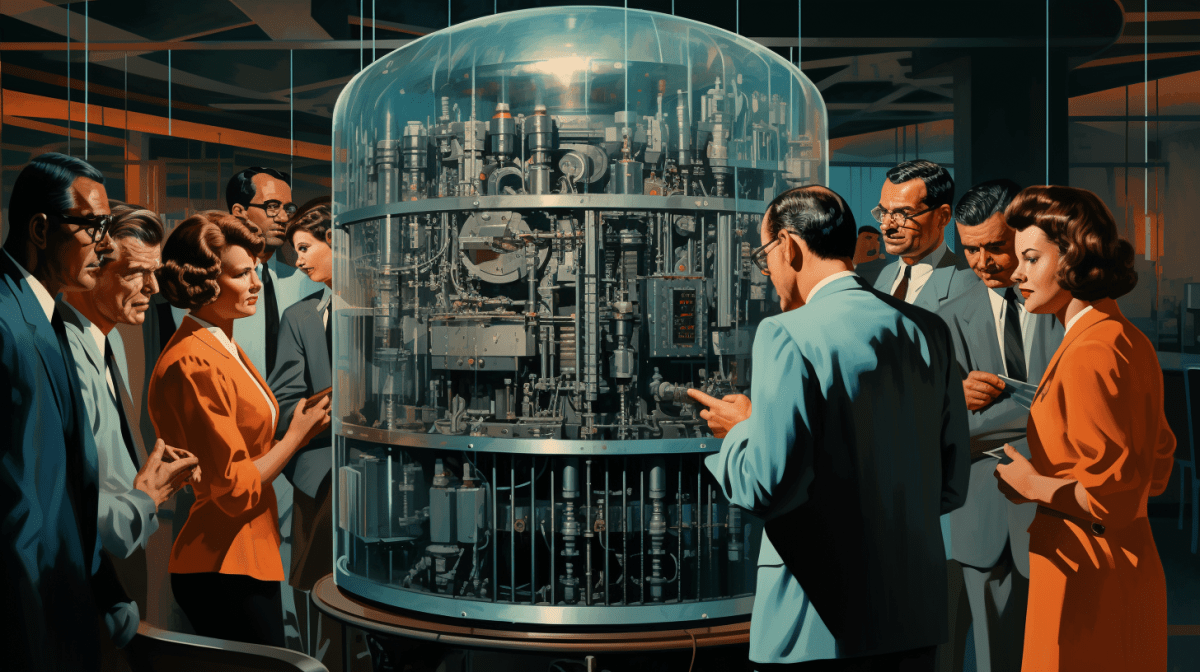Nvidia Research has revealed a new AI agent named Eureka that utilizes OpenAI’s GPT-4 to teach robots complex skills autonomously. This development marks the first time that a robotic hand has been trained to perform pen-spinning tricks as well as a human can. In addition, Eureka has taught robots various tasks, including opening drawers and cabinets, tossing and catching balls, and manipulating scissors. The agent is capable of autonomously generating reward algorithms, addressing challenges in reinforcement learning. Anima Anandkumar, senior director of AI research at Nvidia, highlighted the significance of Eureka in developing new algorithms that integrate generative and reinforcement learning methods.
Nvidia Research has also released the Eureka library of AI algorithms, allowing users to experiment with them through Nvidia Isaac Gym, a physics simulation reference application. Isaac Gym is built on Nvidia Omniverse, a development platform for creating 3D tools and applications using the OpenUSD framework.
Furthermore, venture into the world of AI agents has been on the rise, with the emergence of autonomous agents like Auto-GPT, BabyAGI, and AgentGPT. Nvidia Research’s recent work builds upon previous efforts, including the development of Voyager, an AI agent that can play Minecraft autonomously using GPT-4. The potential of AI agents to become a significant commercial opportunity, estimated to be worth trillions of dollars, has been emphasized by experts in the field.
In a research paper titled “Eureka: Human-level reward design via coding large language models,” the authors highlight how Eureka leverages state-of-the-art LLMs like GPT-4 to perform evolutionary optimization over reward code. The resulting rewards enable the acquisition of complex skills through reinforcement learning. Eureka generates reward functions without task-specific prompting or pre-defined templates, surpassing expert human-engineered rewards in a range of open-source RL environments. The agent outperforms human experts on 83% of tasks, with an average improvement of 52%.
Jim Fan, senior research scientist at Nvidia and a contributor to the project, believes that Eureka’s combination of large language models and GPU-accelerated simulation technologies will revolutionize robot control and produce realistic animations for artists.
VentureBeat’s mission is to serve as a digital town square for technical decision-makers, providing them with knowledge about transformative enterprise technology and facilitating transactions. Discover their Briefings for more information.



